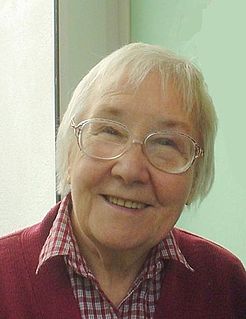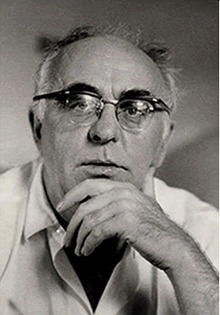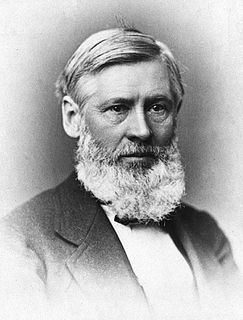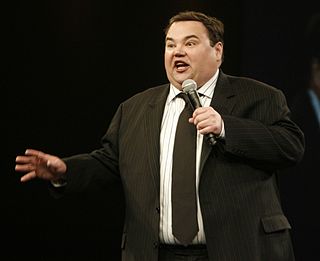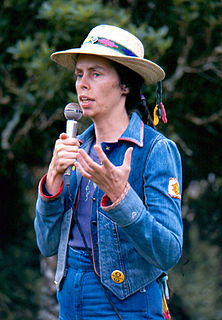A Quote by Yvon Chouinard
I've accepted the fact that there's a beginning and end to everything. All species are born, evolve, and then die off. We're going through the 6th great extinction and the large mammals are going first and, you know what - we're large mammals!
Related Quotes
There is a beginning and end to all life - and to all human endeavors. Species evolve and die off. Empires rise, then break apart. Businesses grow, then fold. There are no exceptions. I'm OK with all that. Yet it pains me to bear witness to the sixth great extinction, where we humans are directly responsible for the extirpation of so many wonderful creatures and invaluable indigenous cultures. It saddens me to observe the plight of our own species; we appear to be incapable of solving our problems.
South America had been an island continent, far bigger and far more diverse than Australia, for tens of millions of years before the Isthmus of Panama rose just a couple of million years ago. The resulting flood of North American mammals across the new land bridge corresponds in time with the decimation of the native South American fauna. In fact, most large mammals generally considered distinctly South American... are all recent migrants from North America.
Art and literature need extreme sociality to a degree that even dolphins don't have. We are the only large mammalian species that has such intense sociality. There are some small mammals that have become eusocial - the mole rats - but that's a different thing. Humans are able to understand one another at very high levels, to cooperate in very large groups. Humans depend on one another in ways that are an absolute precondition to sharing the kinds of information that makes narrative possible.
There are good reasons why natural selection has become widely accepted as an explanation of evolutionary development. When applied to mammals and other large animals, it fits perfectly. But we cannot assume that all evolutionary steps arise from selection, particularly when looking at smaller animals.
If insemination were the sole biological function of sex, it could be achieved far more economically in a few seconds of mounting and insertion. Indeed, the least social of mammals mate with scarcely more ceremony. The species that have evolved long-term bonds are also, by and large, the ones that rely on elaborate courtship rituals. . . . Love and sex do indeed go together.

